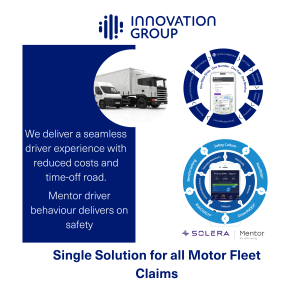The company is responsible for having all vehicles in its fleet, novated lease, privately owned, or supplied. This is part of its Duty of Care to provide safe and functional mobile workplaces in which its staff performs their duties, avoids extensive repair bills long-term and mitigates breakdowns, towing costs and downtime.
The best way to avoid these issues is through preventative maintenance to avoid breakdowns and vehicle failures. Avoiding maintenance can increase fuel use and resulting emissions, reduce the overall lifespan of the vehicle/s, lead to costly component or whole vehicle replacements, cause breakdowns in dangerous situations, remote locations or in busy traffic where safety and costs are compromised, and ultimately affects resale value when reflected on vehicle records (even moreso when not).
Develop a vehicle maintenance schedule that is strictly adhered to, providing detailed records of repair and servicing history to not only track the vehicles’ status and driver use, but also for end-of-cycle replacement – eventually vehicles will need to be renewed and full service histories are essential for getting maximum potential return.
Preventative maintenance checks will include daily, weekly and monthly checks of body damage, break pressure and feel, tyre checks, fluid checks (oil, water, fuel, coolant, brake). Monthly and half-yearly maintenance checks should also include tyre wear and wheel damage, exhaust checks, steering checks (feel, noise, fluid and vibration), plus assessing on-road handling, like brake pedal pulsing, warning lights, steering alignment, windscreen wipers, air-conditioning, vehicle temperatures and any fluid leaks. Assessments should be recorded on company forms and counter-signed by the manager.











